Project Angel Heart and The Importance of Nutrition
Eating a healthy, balanced diet is a vital part of leading a healthy lifestyle. The organization known as Project Angel Heart was established to help individuals diagnosed with serious illnesses to improve their health and retain their independence through nutritionally-optimized meals.
Here are the key things about Project Angel Heart and the importance of nutrition during and after illness:
The Impact of Nutrition on Human Health
Combined with exercise, diet is an integral part of maintaining a healthy weight, reducing the risk of chronic diseases like cancer and heart disease, and promoting overall health. Unfortunately, in the United States today, more than 33 percent of US adults and 17 percent of children meet the clinical standards for obesity.
Additionally, many individuals who maintain a healthy weight fail to consume healthy, nutrient-rich diets. As a result, they are at risk of significant health issues, including hypertension, heart disease, type 2 diabetes, osteoporosis, and certain types of cancer. However, making smart food choices can help protect people from a myriad of health problems and help them lead happy, healthy, independent lives.
Risk factors for chronic diseases such as type 2 diabetes and hypertension are increasingly being seen in younger age groups, often as a result of weight gain or unhealthy eating habits. Patterns formed in childhood often carry over into adulthood, so instilling healthy eating habits from a young age is particularly important.
The Benefits of Maintaining a Nutritious Diet
A healthy, nutritious diet is rich in fruits and vegetables in a myriad of different colors, as well as good fats, starches, whole grains, and lean proteins. Eating well also means avoiding foods laden with “empty calories," i.e., foods with low nutritional value that are high in sugar and salt.
Maintaining a healthy, balanced diet, rich in key minerals, vitamins, and nutrients, confers a variety of health benefits, including: promoting weight loss and helping to maintain a healthy weight; reducing the risk of developing certain types of cancer, particularly colorectal and liver cancers; helping prevent type 2 diabetes and promoting effective management of the condition; supporting heart health and preventing strokes; passing on healthy eating habits to the next generation; maintaining strong bones and teeth; improving mood and memory; facilitating gut health; and fostering healthy sleep patterns.
In 2017 Alone, 11 Million Deaths Worldwide Were Attributed to Poor Diet
According to the Lancet, a leading British medical journal, one in five deaths that took place in 2017 were linked to poor diet. The study revealed that approximately 10 million people died as a result of cardiovascular disease and related complications, a condition directly associated with diet.
The study investigated dietary intakes in 195 different countries, quantifying incidence of cardiovascular disease, type 2 diabetes, and cancer, as well as looking at the impact of diet on health. Analyzing data collated, the study examined various different aspects of diet. For example, researchers looked at the impact of low intakes of fruit, vegetables, wholegrains, fiber, calcium, and omega 3 fatty acids. They also identified the effect of high intakes of processed foods, red meats, sugary drinks, trans fats and sodium.
Of the 195 countries included in the study, none achieved the optimal level for all attributes. The Lancet study further revealed that the highest number of diet-related deaths occurred in demographics that ate too much sodium and not enough fruits and wholegrains. Ultimately, not consuming sufficient healthy foods was determined to be more harmful than the consumption of unhealthy foods.
Nutrition and Recovery from Illness
Eating a healthy, balanced diet is beneficial in terms of reducing the odds of many illnesses. Not only that, but integrating key nutrients into one’s daily diet has tangible health benefits when recovering from an illness.
Patients who have undergone a hospital stay, or are experiencing ongoing health problems, are often referred to a dietitian. Dietitians help patients adjust their diets to improve appetite, gain or lose weight, and regain strength following illness.
About Project Angel Heart
Project Angel Heart provides medically-optimized meals to people facing life-threatening and chronic illnesses. Nutritionally-tailored meals provide comfort for individuals experiencing debilitating and life-threatening conditions. However, they also improve health, promote recovery and independence, and even reduce medical costs.
Project Angel Heart delivers medically-tailored meals to patients in their own homes. For nearly 30 years, the organization has supported individuals facing life-threatening illnesses. Patients, caregivers, family members, and healthcare professionals have reported favorable health outcomes, including improved bloodwork and reduced symptoms among Project Angel Heart clients.
By helping patients maintain healthy, nutritionally-optimized diets, Project Angel Heart helps reduce hospital readmissions for people living with chronic diseases. Recent research revealed a 24 percent average decrease in monthly medical costs for Project Angel Heart clients as well as a 13 percent reduction in hospital readmissions.
With the average hospital readmission costing more than $13,000, this represents significant savings. Over the years, the organization’s goal has evolved from simply feeding people who are sick. Today, Project Angel Heart’s nutritionally-optimized meals promote healing and help patients stay out of the hospital, ultimately improving their quality of life and helping them remain in their homes.




